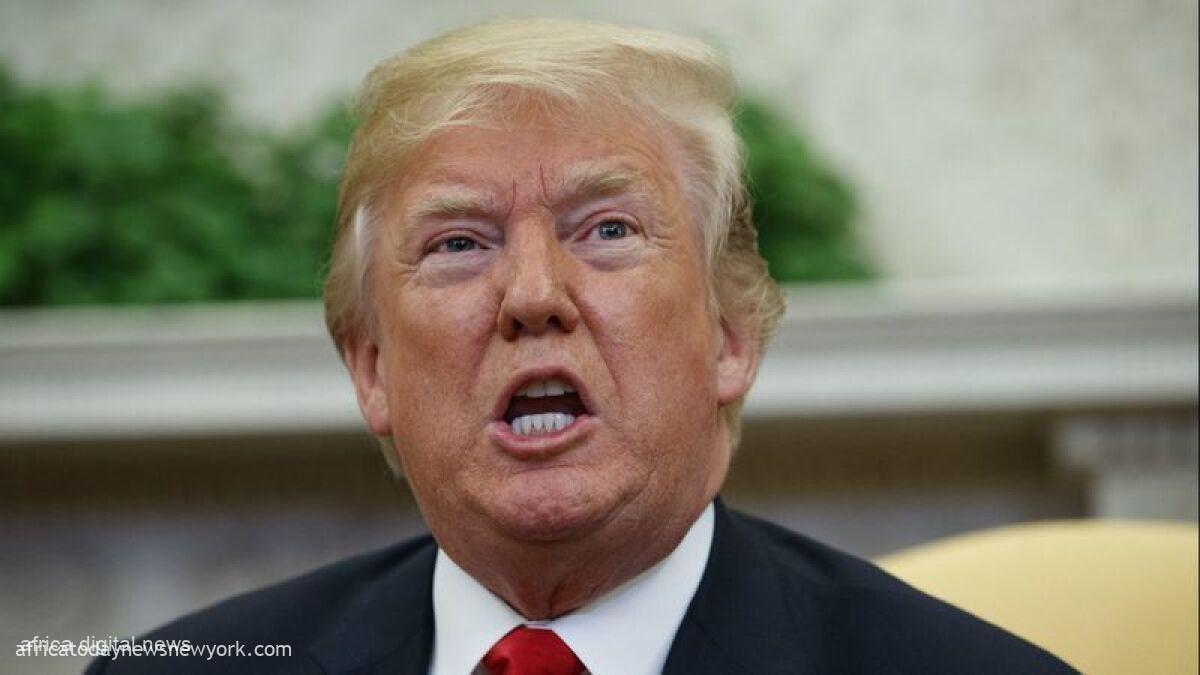On Wednesday, a New York judge dismissed former President Donald Trump‘s request to postpone his impending criminal trial until the Supreme Court decides on his expansive assertion of presidential immunity.
Putting forth his argument in a legal document filed in March, Trump implored Judge Juan Merchan to postpone the trial until after the Supreme Court makes its decision on the extent of presidential immunity in a different case concerning federal election interference charges against Trump.
However, Merchan asserted that Trump had raised the argument belatedly. The trial is slated to commence on April 15, and Trump was accused of falsifying business records by Manhattan District Attorney Alvin Bragg on April 4, 2023 – more than a year earlier.
“This Court finds that Defendant had myriad opportunities to raise the claim of presidential immunity well before March 7, 2024,” Merchan wrote in the Wednesday ruling.
That means Trump is on track to face his first criminal trial this month, even as he has so far been able to postpone or upend trial dates in other criminal cases.
Prep for the polls: See who is running for president and compare where they stand on key issues in our Voter Guide.
Trump lawyer Todd Blanche and Bragg’s office declined to comment.
Regarding the federal election interference case, the Supreme Court has agreed to explore the degree to which former presidents are shielded from criminal prosecution for their actions during their presidency.
The focal point of the New York case revolves around whether Trump engaged in criminal falsification of business records to conceal a $130,000 hush money payment facilitated by Michael Cohen, Trump’s former attorney, to adult film actress Stormy Daniels prior to the 2016 presidential election. In return for the payment, Daniels consented to maintain silence.
Prosecutors argue that the timing was not coincidental: they assert that Trump was worried about Daniels potentially harming his campaign by publicly disclosing a sexual encounter she claims to have had with him.
Trump rejects her assertions. Subsequently, he reimbursed Cohen through monthly checks, masked as payments for legal services provided in 2017, and documented in fraudulent business records within the Trump Organization, according to prosecutors.
Under New York law, the crime of falsification becomes a felony when the motive behind the disguise is to perpetrate or conceal another offense. Prosecutors argue that this is relevant to Trump because he purportedly contravened federal election laws regarding campaign contribution caps.
Prosecutors have highlighted that Cohen served a prison sentence after confessing to making an unlawful campaign contribution through the payment. Additionally, they assert that Trump attempted to contravene New York election and tax statutes.

